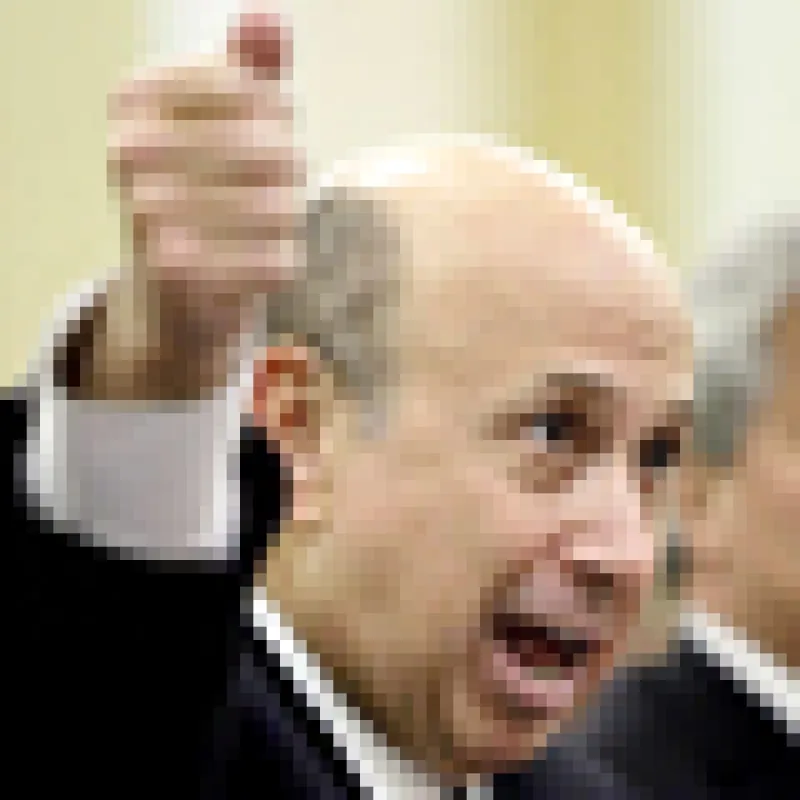
FILE - In this Jan. 13, 2010 file photo, Goldman Sachs Group, Inc., Chairman and Chief Executive Officer Lloyd Blankfein, left, gestures while testifying on Capitol Hill in Washington. Blankfein will answer questions before the Senate's Permanent Subcommittee on Investigations on Tuesday, April 27, 2010, a person familiar with the matter has told The AP. He spoke on condition of anonymity because the appearance hasn't been publicly announced.(AP Photo/Pablo Martinez Monsivais, file) Original Filename: Goldman_Sachs_NYBZ119.jpg
Monsivais/AP

